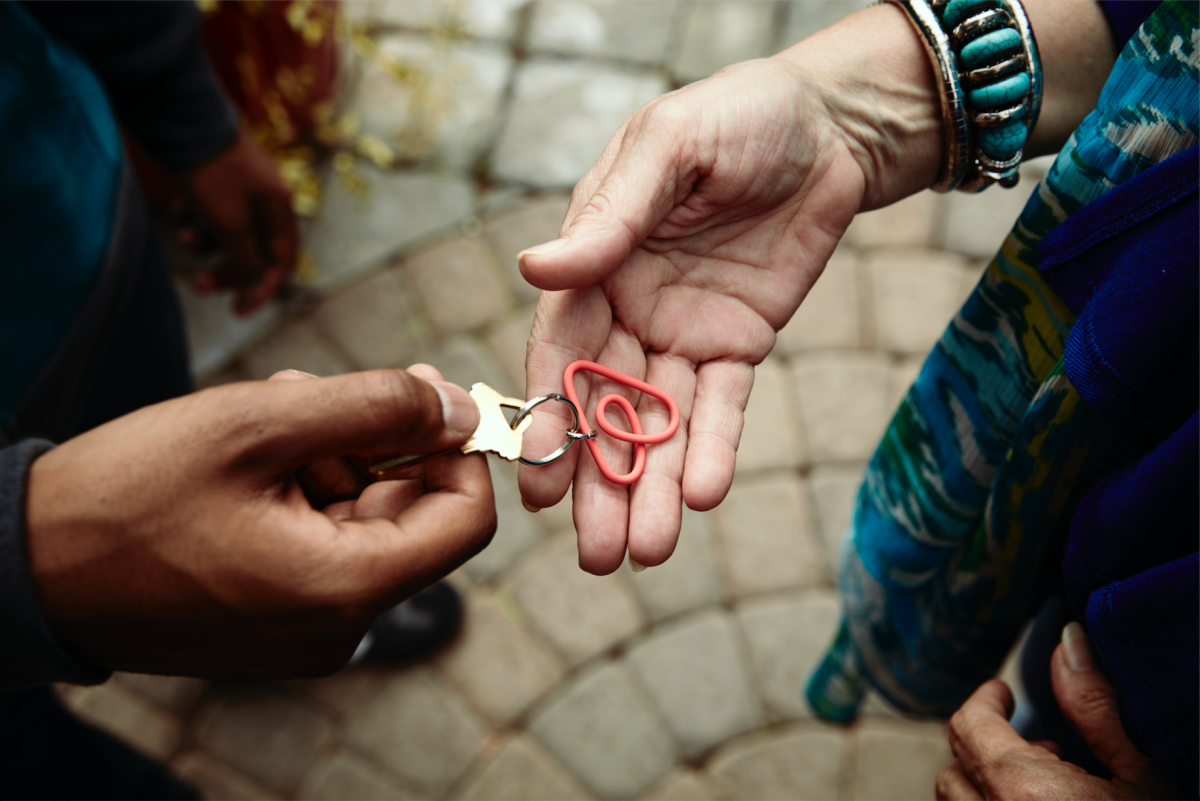Skift Take
New York City's Office of Special Enforcement is getting a handle on the host registration process, but it is cumbersome.
New York City’s Office of Special Enforcement says it has now decided on 90% applications from potential short-term rental hosts as part of regulations that kicked in last September.
Here are the numbers it provided Skift, which are as of January 15:
- Approved: 1,211 – or 22% of the total applications submitted.
- Rejected: 897 – or 16% of applications handed in.
The OSE has bounced back more than half (53%) of the applications submitted (5,549) to get additional information, to make corrections, or to receive additional information.
Typical reasons that applications get rejected is they are located in public housing or rent regulated apartments, which ban short-term rentals. Owners may have placed properties on the so-called Prohibited Buildings list or their rental leases bar short-term rental use.
Meanwhile, the host can’t start accepting guests until online booking services such as Airbnb, Booking.com or Vrbo “make sure that your listings are associated with your name and the registered address and that the registration is current,” according to the application, which costs $145.
NYC Short-Term Rentals Then and Now
New York’s Local Law 18 imposed several requirements on would be hosts and has led to a dramatic reduction in the city’s supply of short-term rentals.
A year ago, Airbnb alone had around 40,000 listings in New York City, according to AirDNA. Many of them would not be eligible to register under Local Law 18 today because of the requirement that the host must be present during stays of fewer than 30 days.
And that doesn’t include many more listings from other short-term rental platforms, which are also subject to the new law.
Airbnb declined to comment on these new host registration numbers.
Rigorous Host Registration Process
In addition to verifying the host identity and property location information, the OSE verifies whether the potential host is in compliance with the law. For example, the OSE confirms whether the applicant actually lives in the unit and has a lease or another agreement.
The OSE also has to figure out whether the unit to be listed falls under the city’s rent regulations, and whether there are dangerous violations that haven’t been fixed.
Another reason the application process may seem protracted is that the OSE communicates with applicants individually, reviews with them the required documents, and briefs them about what is legal under Local Law 18, and what isn’t.
The city’s enforcement unit clearly was overwhelmed with applications in the run-up to and during the early days of the law’s implementation.
The New York Police Department Cadet Corps provided 10 college students for two months to help with the applications, according to OSE. They supplemented eight staff members whose full-time jobs are to review registration applications. Additionally, 14 other OSE staffers, ranging from executives to researchers and members of the legal team, have some application review duties.
With the bolstered staffing, the OSE says it begins to review applications within a few days of submission.
Dwell Newsletter
Get breaking news, analysis and data from the week’s most important stories about short-term rentals, vacation rentals, housing, and real estate.
Have a confidential tip for Skift? Get in touch
Tags: airbnb, hosts, local law 18, nyc, OSE, regulation, vacation rentals
Photo credit: An Airbnb promotional image. Airbnb / https://www.airbnb.com
